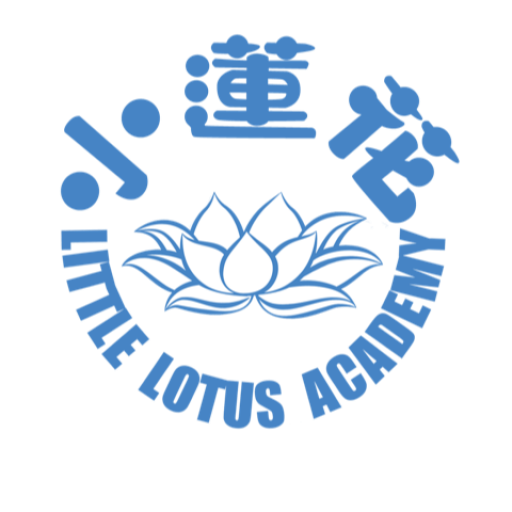
Western Virtues
In the Western tradition, Plato first elaborated four essential virtues in the Republic, which later became known as the four “Cardinal Virtues.” These are:
Wisdom
Insight and understanding of what is true and good, and the ability to discern the correct course of action, combined with the practical wisdom needed to succeed in it.
Wisdom is also called prudence or “phronesis.”
Fortitude
The qualities of forbearance, patience, strength of will, and the ability to confront fear or tribulations with unwavering determination.
Fortitude is also referred to as Courage.
Temperance
The ability to exercise self-restraint, moderation, and balance.
Justice
The governing virtue, justice is the ability to set all things in proper accord. It is the habit of giving to each his or her proper due, and also of ordering the soul correctly.

Eastern Virtues
Chinese Confucianism, meanwhile, identifies five “constant virtues”:
Benevolence
(仁 Ren)
Possessing a benevolent heart, merciful intention and compassionate love.
Righteousness
(義 Yi)
A righteous person often sacrifices personal gain for a noble cause.
Propriety
(禮 Li)
Versed in the rules of proper conduct and etiquette for every social situation.
Wisdom
(智 Zhi)
The ability to speak correctly, symbolizing a lifetime of wisdom, intelligence, learning, and good judgment.
Integrity
(信 Xin)
Being honest and trustworthy. The character Xin consists of a radical亻(man) and 言 (words). Combined they suggest that a man is bound by his words.
Integrity is when words are said with a sense of obligation, duty and responsibility to others.
The Middle Way
In the philosophies of Gautama Buddha, Confucius, Aristotle, and others, virtues exist as a mean or “middle way” between two extremes: one of excess, the other of deficiency. Thus, according to Aristotle, the virtue of courage is the mean between cowardice on the one hand, and rashness or foolhardiness on the other.
The development of any moral virtue cannot be forced, nor can it develop overnight. It requires habituation and patient practice.
As Confucius says,
“Lead them by political maneuvers, restrain them with punishments: the people will become cunning and shameless. Lead them by virtue, restrain them with ritual: they will develop a sense of shame and a sense of participation.”

A Culture of Virtue
A positive outward environment that provides appropriate structure, guidance, and instruction through rituals and etiquette can help develop virtuous habits in students.
At Little Lotus Academy, we provide weekly explicit instruction on different virtues and their manifestations, along with opportunities for self-reflection and sharing. We also pride ourselves on providing a harmonious environment with clear expectations and shared rituals.
